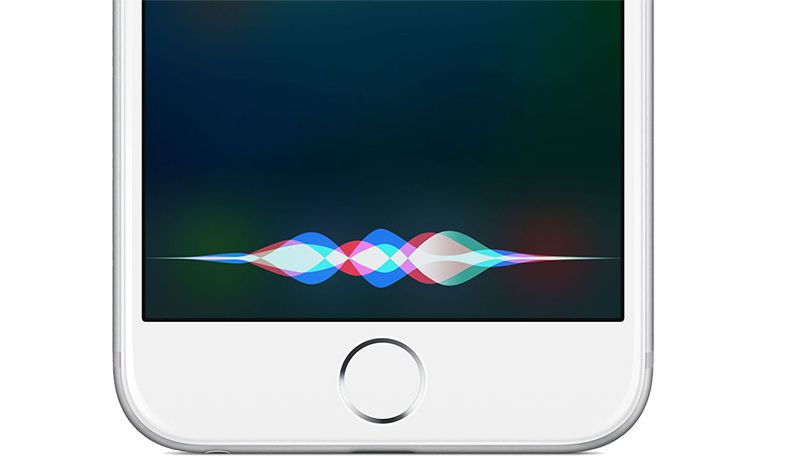

Stasior remained at Apple until May before the shift to Microsoft. Stasior stepped away from Siri following another shift in company priorities, leaving Giannandrea in charge uncontested. Giannandrea was promoted to Senior Vice President in December 2018.

John Giannandrea was hired in April of 2018. Under Stasior, the Siri division was allegedly plagued by infighting as focus for the product changed away from a true conversant digital assistant to a search-focused tool. Stasior was hired by Scott Forstall to be the Siri lead, following a tenure at Amazon. Siri was a big priority for Apple CEO Steve Jobs, who made it a point of focus for Scott Forstall. Whether Stasior will be put in charge of a new division, or take over an existing one isn't clear. Sources inside Microsoft told The Information that Stasior will be the head of an artificial intelligence group inside the company. In a remark to The Information, Microsoft said that Stasior will " work to help align technology strategies across the company."

This definition of the fallacy, if strictly followed, touches on or wholly includes nearly all of the major modes of literary criticism, from 's docere delictendo (to teach by delighting), 's, and 's concept of 'transport' to late-nineteenth century and the contemporary.Stasior's shift to Microsoft following seven years of work on Apple's Siri has been confirmed in a brief statement by the Windows developer.

Wimsatt used the term to refer to all forms of criticism that understood a text's effect upon the reader to be the primary route to analyzing the importance and success of that text. First defined in an article published in The Sewanee Review in 1949, the concept of an affective fallacy was most clearly articulated in The Verbal Icon, Wimsatt's collection of essays published in 1954. The concept was presented after the authors had presented their paper on The Intentionalist Fallacy. It is the antithesis of affective criticism, which is the practice of evaluating the effect that a literary work has on its reader or audience. Concept The concept of affective fallacy is an answer to the idea of impressionistic criticism, which argues that the reader's response to a poem is the ultimate indication of its value.


 0 kommentar(er)
0 kommentar(er)
